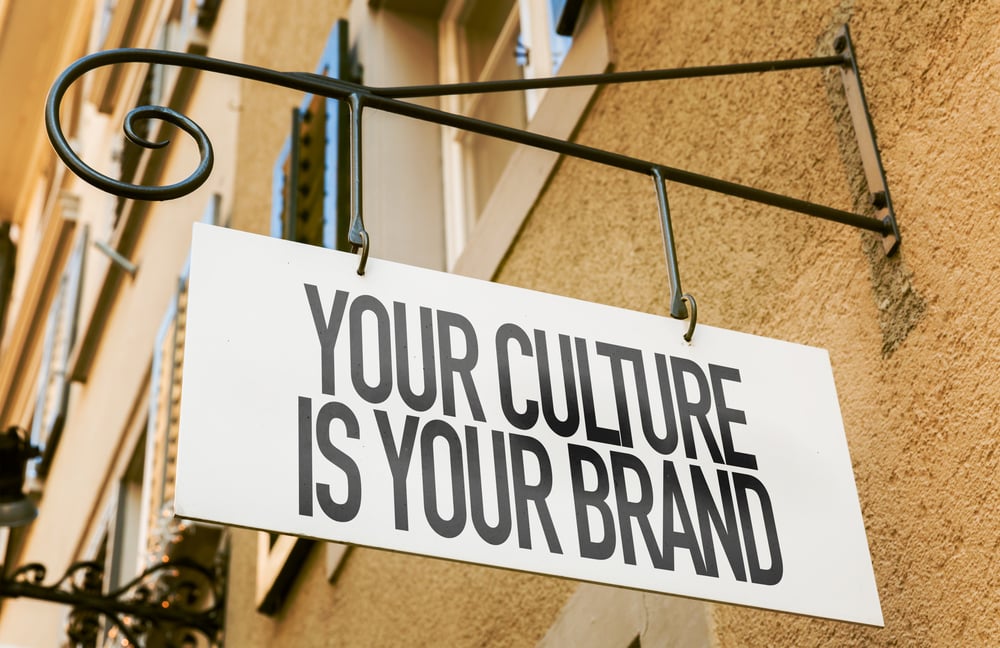The last two years have certainly taken a toll on employers and employees alike as organizations scramble to deal with the new normal and workforces that are spread across offices, homes or a combination of the two.
It’s during these times of disruption and crisis that it’s critically important for organizations to maintain trust; however, it’s also a time when trust is most likely to suffer. Layoffs, remote work, ongoing stress, and reduced work hours and pay all have contributed to a breach of trust in
At HR Acuity, we believe the ability for ER to achieve that trust relies on three pillars that will drive the future of ER. In this blog, I want to introduce the first pillar, ER integrity is the foundation of trust. Subsequent blogs will cover the other two pillars:
- Trustworthy ER sets the baseline for an authentic employer brand
- Executive confidence in ER requires predictive data and visibility at scale
Pillar 1: ER integrity is the foundation of trust
This first pillar focuses on the micro-level of trust – the trust that is gained or lost through the individual employee experience with other organizational stakeholders, typically their people leaders, co-workers and even customers. The basis for earning that trust with your employees is integrity, which embodies honesty, respect, responsibility and reliability. You can’t develop trust within an organization without it, and ER plays a vital role in establishing a culture of integrity.
When thinking about how employee relations can impact this pillar, keep in mind three “non-negotiables” that can make or break the foundation of trust with your employees.
- Transparent processes
- Fair decisions
- Respectful relationships
Before diving into each of these, take a moment to consider a recent employee issue that has arisen in your organization. As you recall the allegation, the performance problem, or even a personal conflict, ask yourself – was one, or perhaps all three, of these “non-negotiables” broken or missing?
Non-Negotiable #1: Transparent Processes
You can’t expect to drive trust if employees don’t know what to expect. When an employee files a complaint or raises an issue to their people leader, saying “We’ll take care of it,” or “We’ve got it handled,” just doesn’t cut it and creates mistrust. Most organizations are not doing a good enough job providing clear expectations about how issues will be managed.
In our most recent Employee Relations Benchmark Study, only 44% of responding organizations reported that they had required practices for conducting investigations. Without requiring consistent processes when an employee raises a concern, how can we ever expect to build trust? If different managers are handling issues in different ways, and there is no consistency or transparency, mistrust is a foregone conclusion, and ensuring fairness is impossible.
Employees bringing concerns or issues to their managers, their hotline or directly to HR/ER need to know that they are being heard. They also need to understand what goes on when they file a complaint, exactly what happens next, what is required from them. The processes should be clear and consistent in every case, and there should be no mystery at all. Employees need to hear, “If you file a complaint, these are the steps we will take every single time.”
Annually, you should consider issuing a report that tells people how many complaints were filed, that they were investigated and the disposition of those allegations. While there isn’t any need to mention names, it lets people know that the organization cares, you have a process – and you are even looking at the data to make sure people are held accountable and that bad behavior won’t be tolerated or ignored. This kind of transparency protects the company in the long run.
Non-Negotiable #2: Fair Decisions
Consistency in process drives fairness in decision-making. It’s a good idea to review all processes that impact your people to ensure there is integrity and transparency – beyond investigations – because all processes that aren’t performed properly can result in an investigation. That includes processes around hiring, people management, compensation, benefits and career development.
When it comes to employee issues, outcomes need to be based on fair and consistent processes that enlighten decision-making, so that even when a determination isn’t what the complainant wanted or expected, they can still agree in the end that it was fair because the process was.
But how can you be sure that managers across your organization are handling employee issues in a fair and consistent manner? Do they receive any training or guidance on the right ways to handle attendance issues, performance issues, behavior issues? Because if they don’t, they are probably all doing it in a way that feels right to them, but it’s not consistent and can cause serious repercussions when employees share notes.
Company policies and training on processes that managers can use to handle routine issues can empower them and help to lighten the load for your ER team to focus on bigger issues. But HR and ER need to have insight into what is actually occurring in the organization to know whether those processes are followed consistently and fairly. Analysis of data tracked in any way (including in a system like HR Acuity) provides insights that are crucial to know whether fairness truly exists.
Non-Negotiable #3: Respectful Relationships
If there is a culture of transparency and trust, employees at every level in the organization should always feel respected by their peers as well as those above and below them in the hierarchy. People managers are the ones closest to their team members, so it’s important that they create an environment where open communication is the norm, where staff members are free to speak their minds, knowing that they will be respected and supported.
We know that when things go wrong in the workplace, 67% of employees go to their managers for help. Yet the recent HR Acuity Manager Study revealed that only 51% of managers are confident that they know how to effectively manage employee issues. And while half of managers think they are getting it right, only 2% of ER leaders agreed with them. ER believes that 98% of managers don’t know what they are doing when it comes to managing employee issues, and, even worse, ER has no idea what decisions are being made by managers when they handle employee issues.
ER needs to enable and enforce respectful relationships by articulating what behaviors are expected, providing proper training when needed, and ensuring that employees know that they will be held accountable when inappropriate behaviors occur. The company may also need to conduct leadership training and development for people leaders so they can be made aware of how they should respond to an employee when an issue arises. Keep in mind that technology can help reinforce expected behaviors end ensures that managers can receive real-time support from ER when needed.
Employees often leave their organizations because of their managers. Companies can’t wait until employees leave to figure out why they are leaving, because, by then, it’s too late. Employee relations starts at the people manager level, so you need to empower your people leaders to build that critical foundation of trust through respectful relationships and knowing how to handle situations as they arise.
Teams with high ER integrity practice honesty, prioritize facts and prize data. They uphold an uncompromising adherence to strong moral and ethical principles and values. By taking the time to make certain that everyone is aware of your organization’s processes, policies and expected behaviors, and by empowering your people managers to handle routine people issues, you can create a culture where transparent processes, fair decisions and respectful relationships are the norm, and you can build that foundation of trust.
Further resources:
- empowER Community – Connect, share and collaborate with other ER pros – in the only online community created just for employee relations.
- The Importance of Transparency in Human Resources
- 5 Employee Relations Lessons I Learned in the Painting Studio
- Expert Webinar: Empowering People Leaders to Effectively Manage Employee Issues
- Expert Webinar: How to Drive Integrity into the Culture of Your Company (and Why it Matters)




